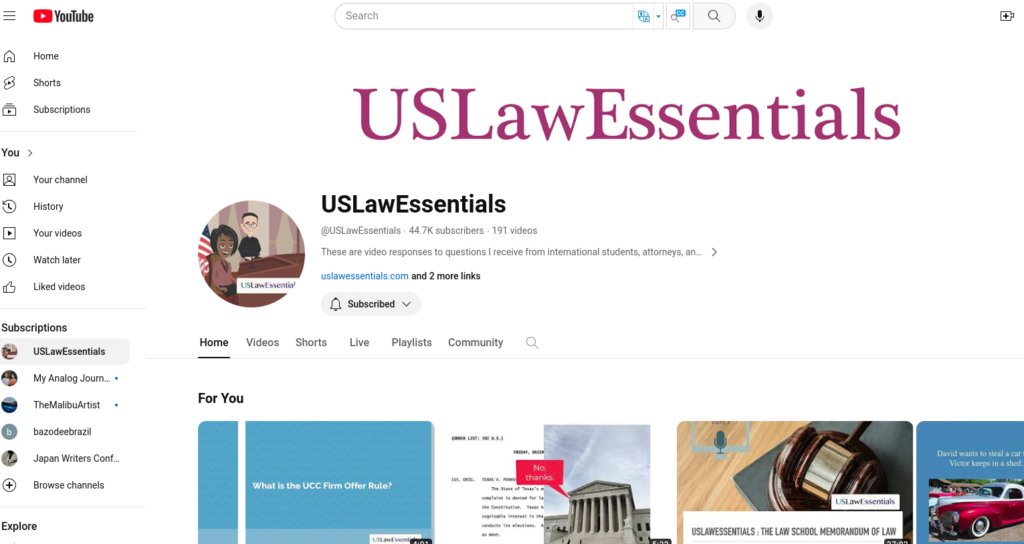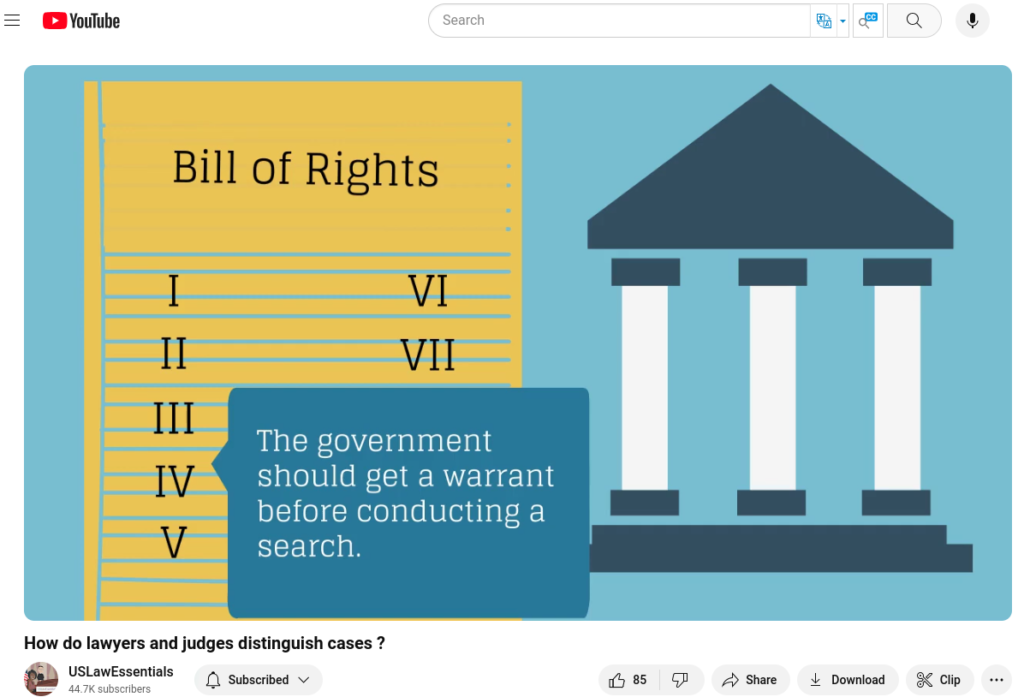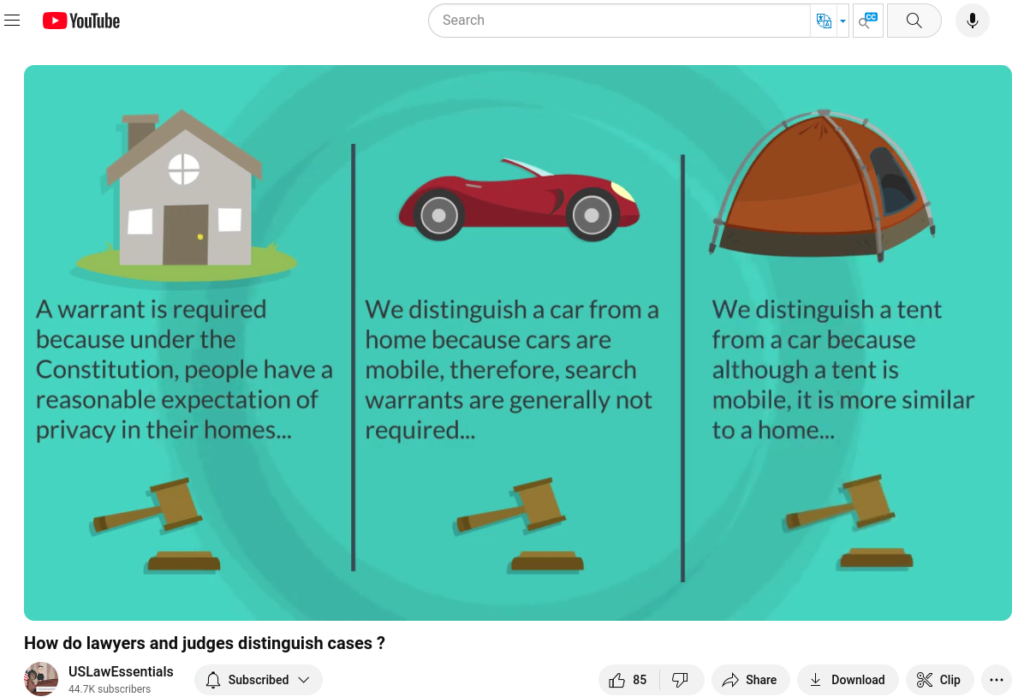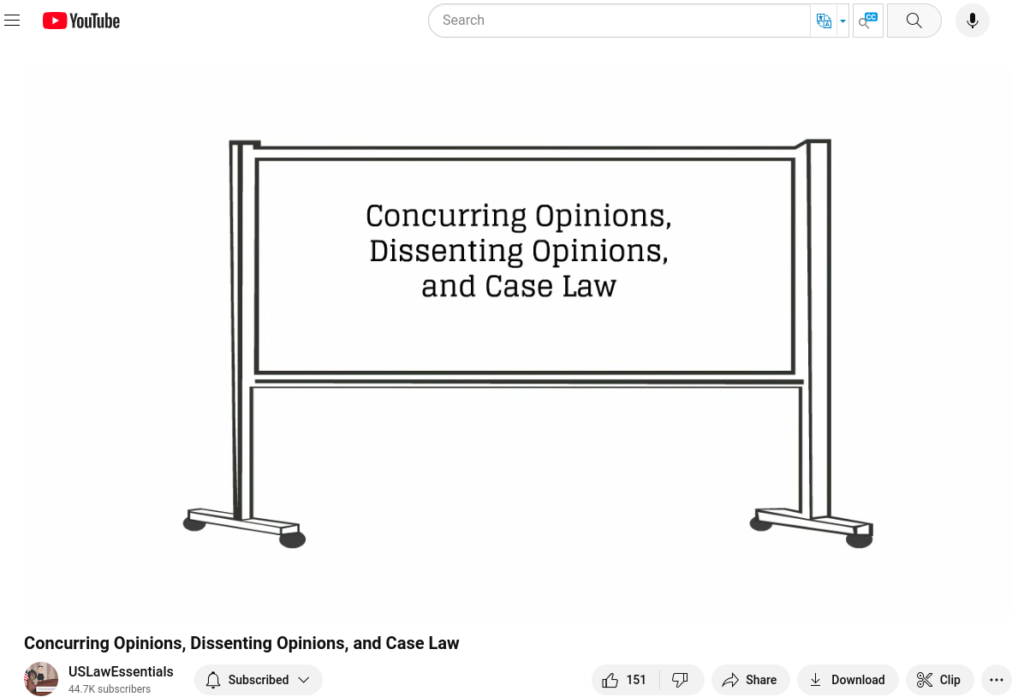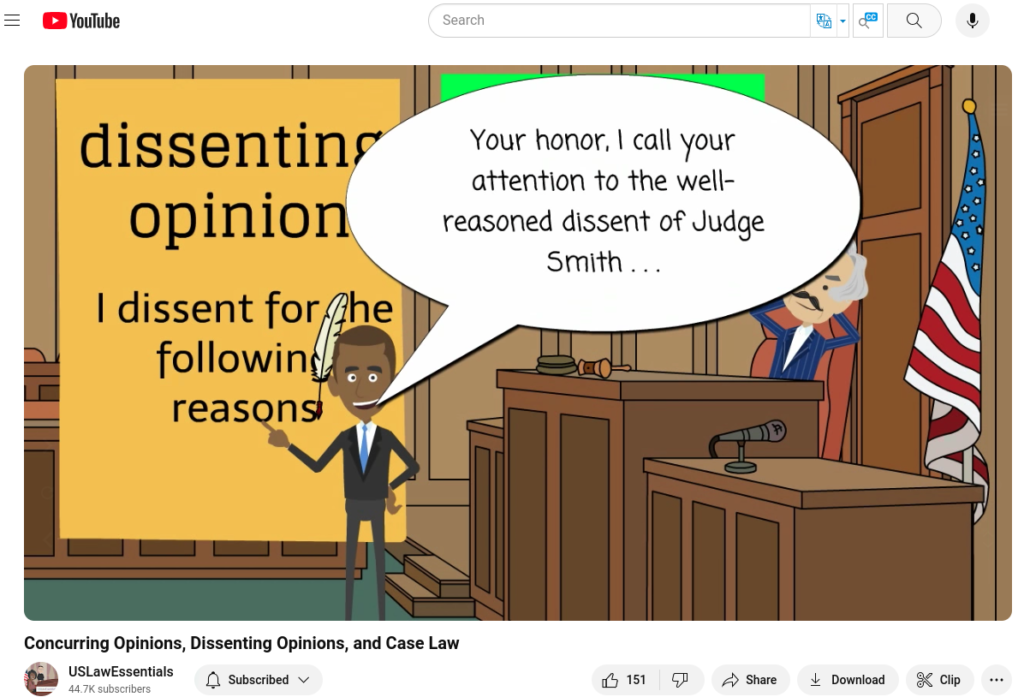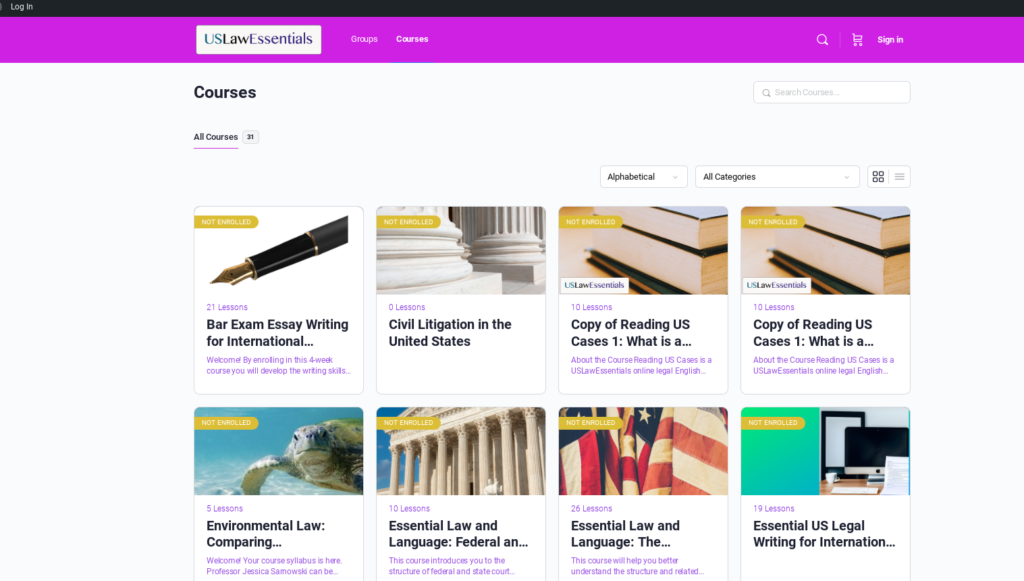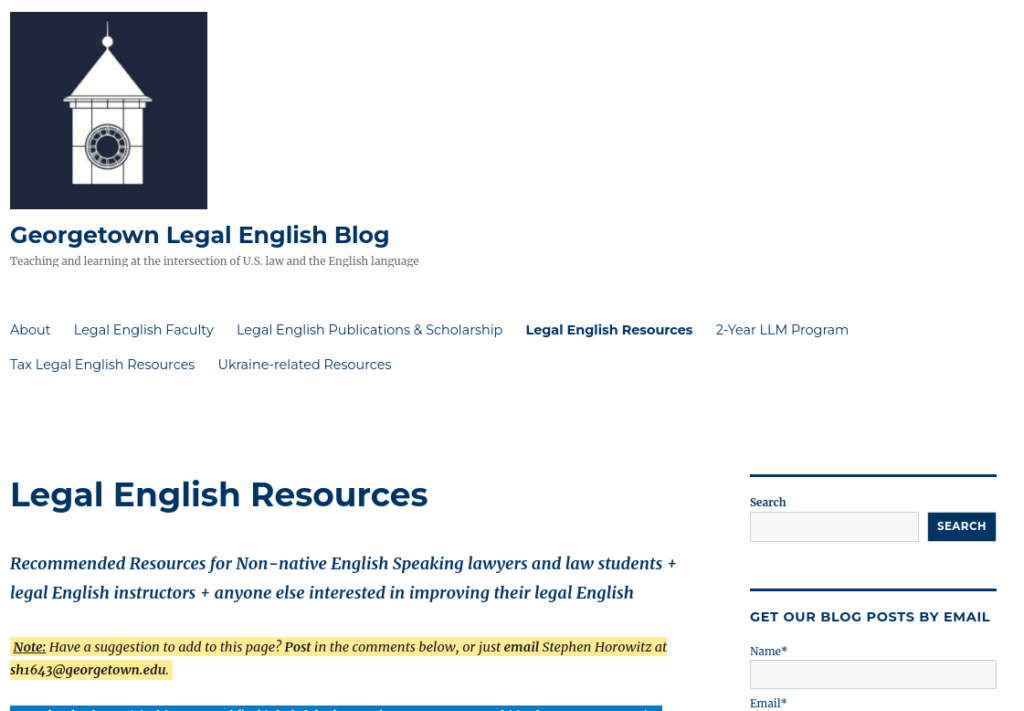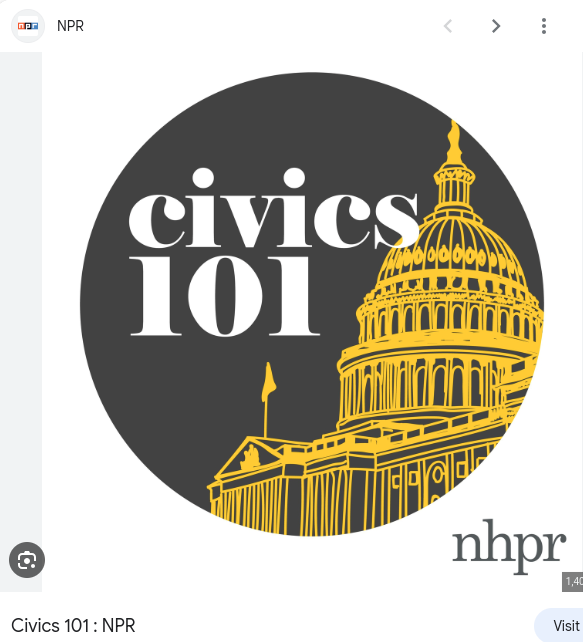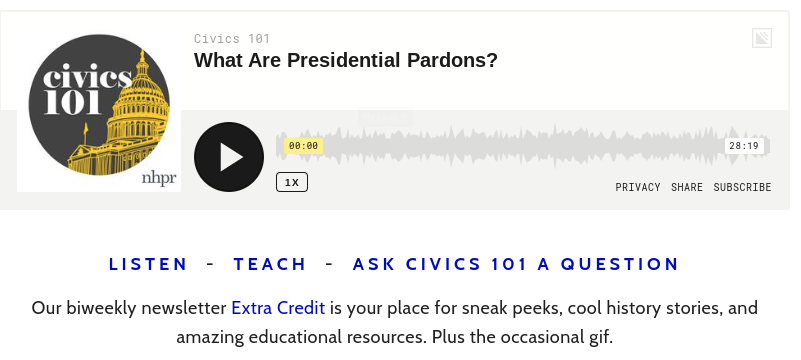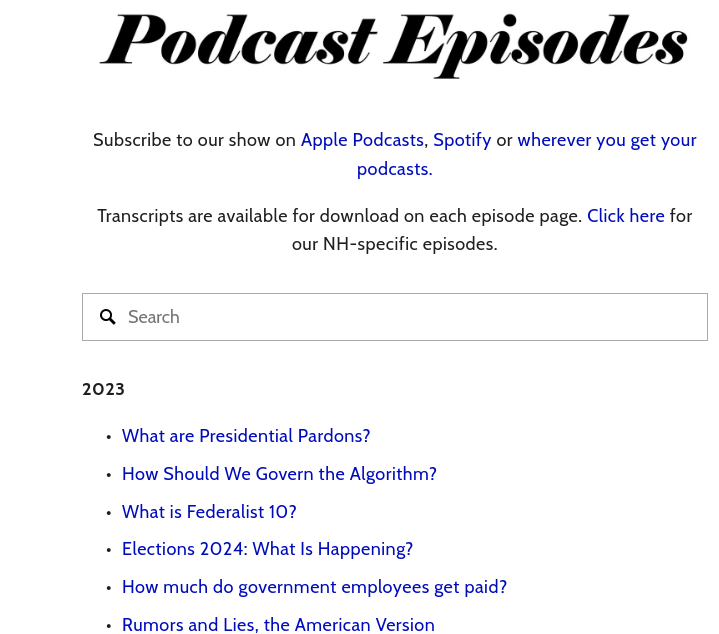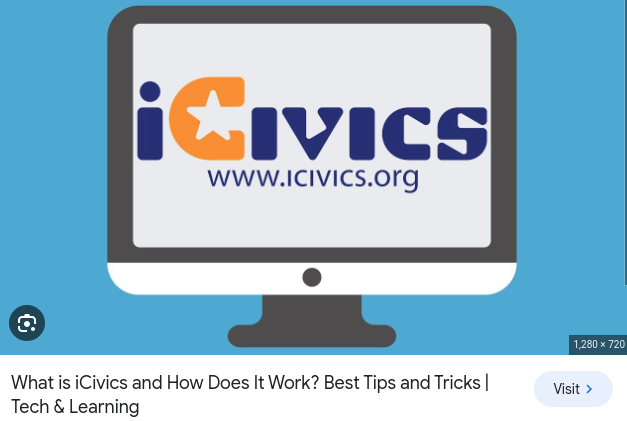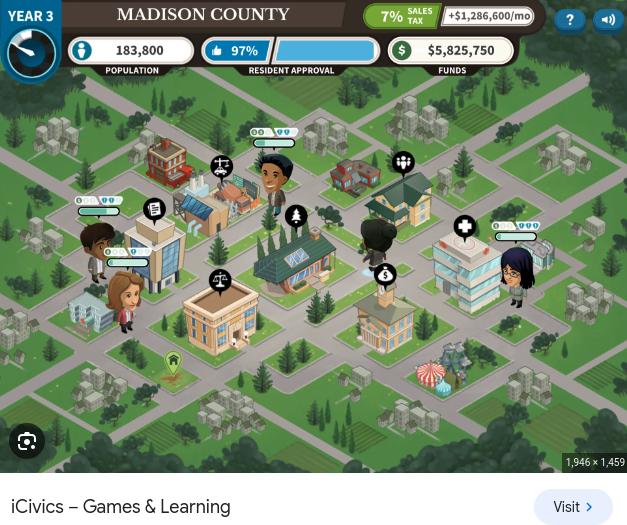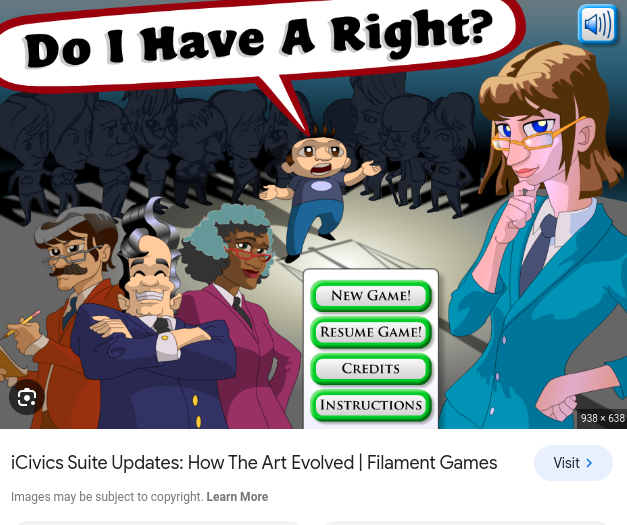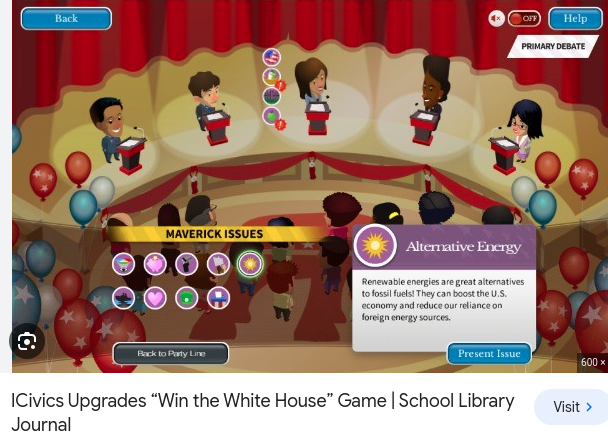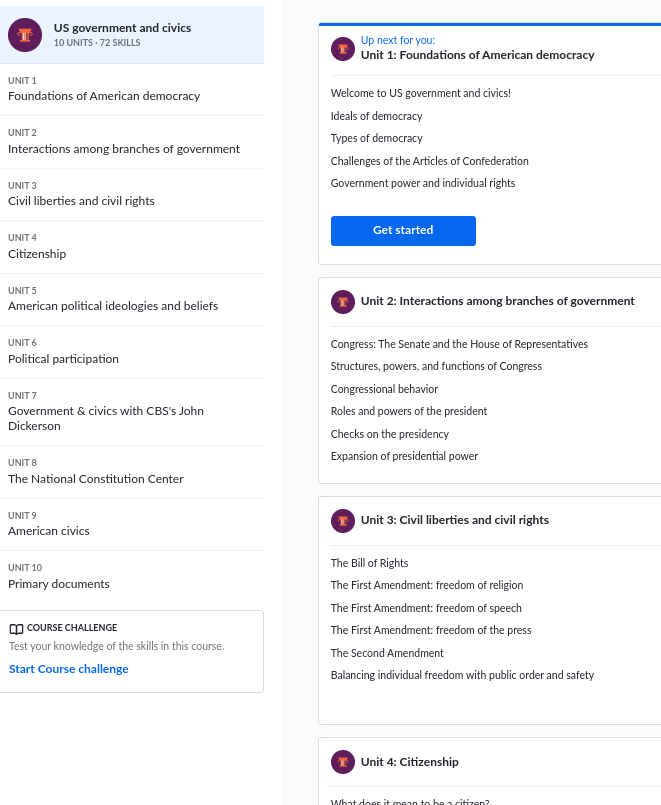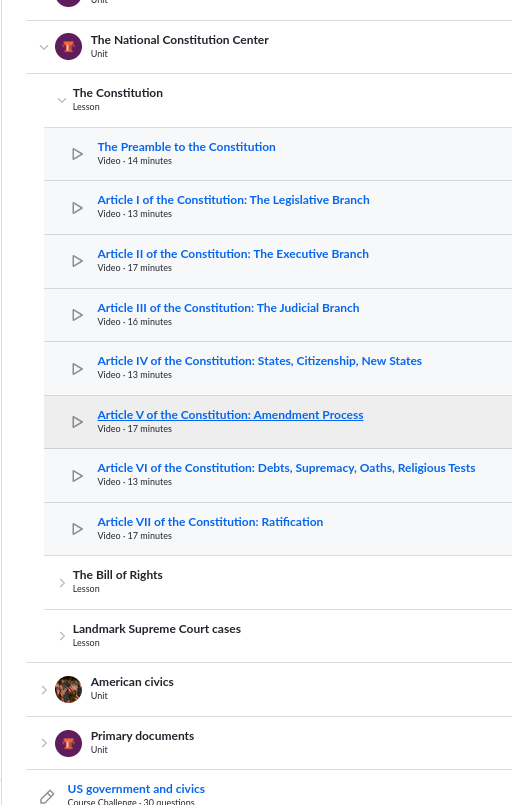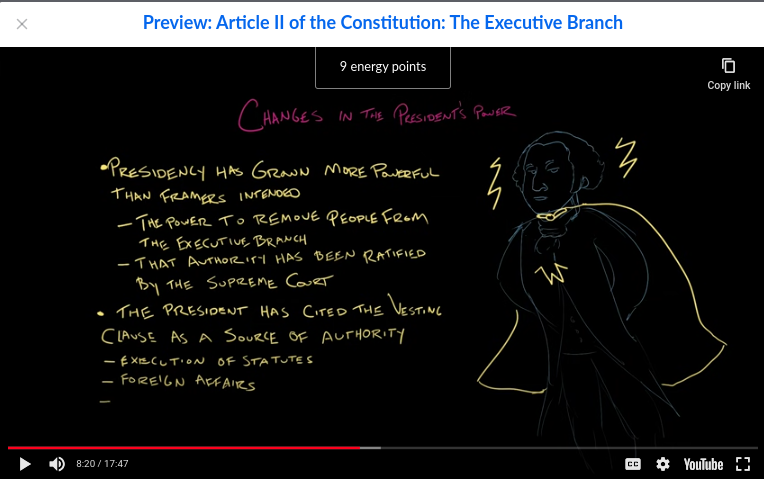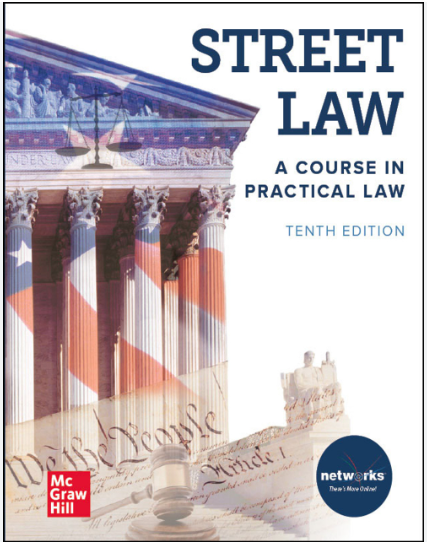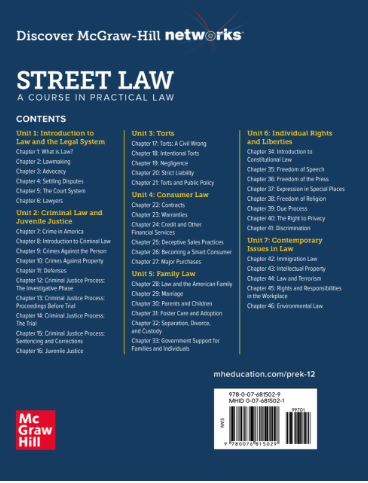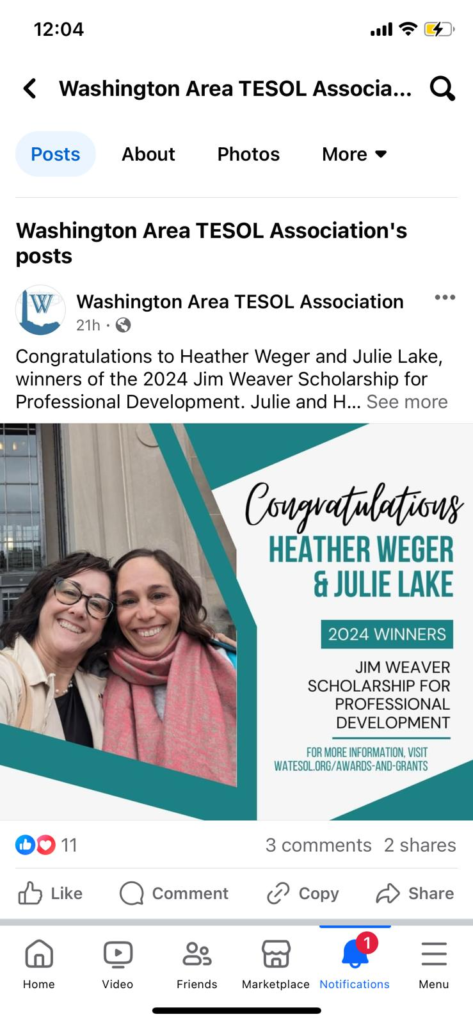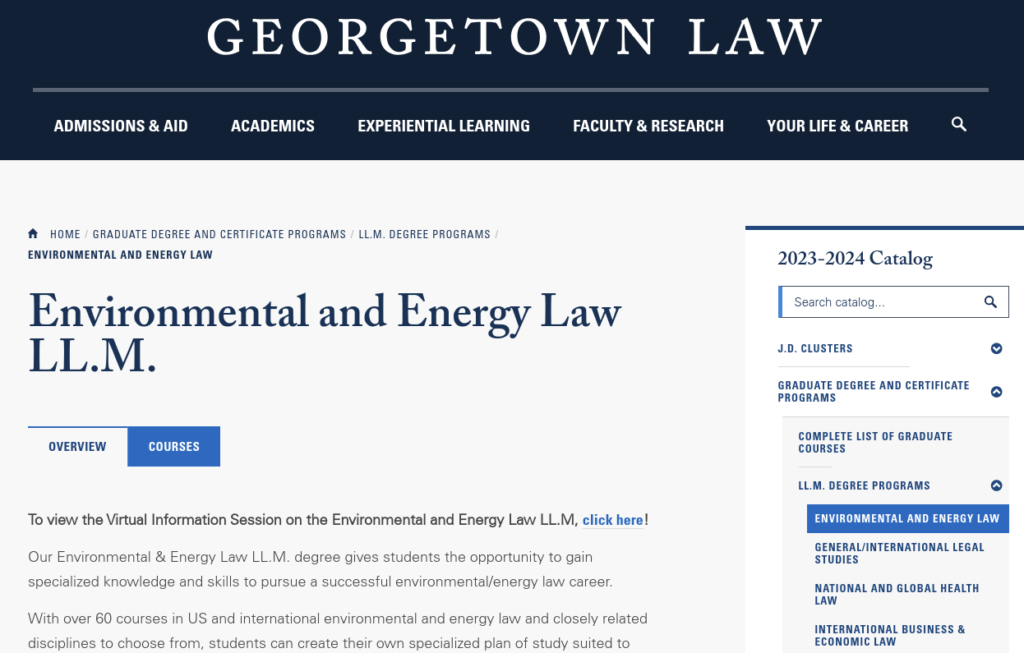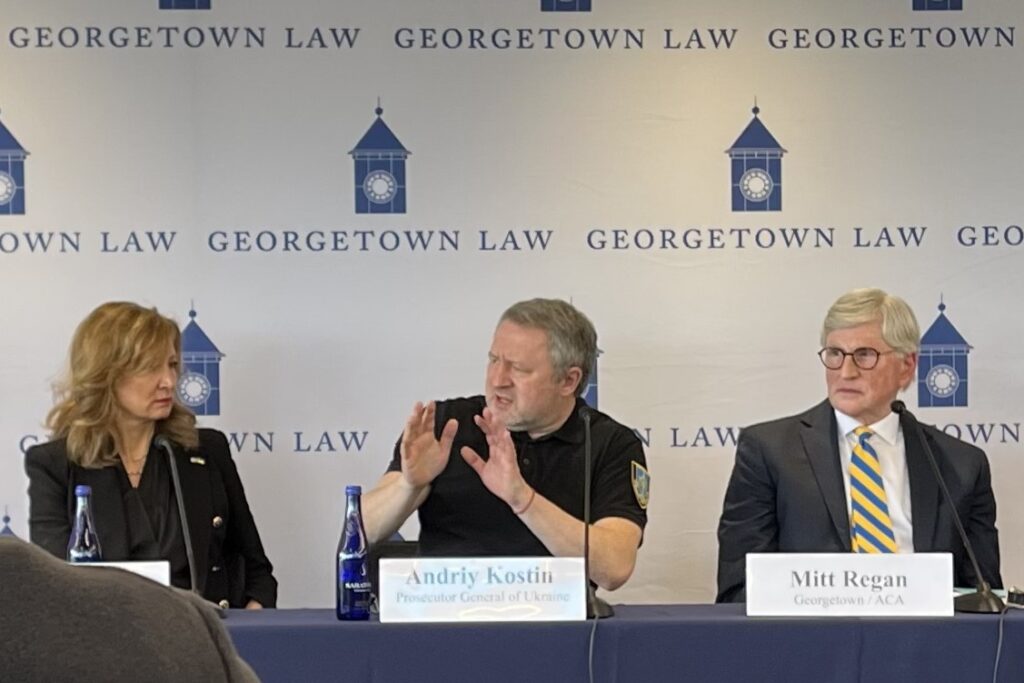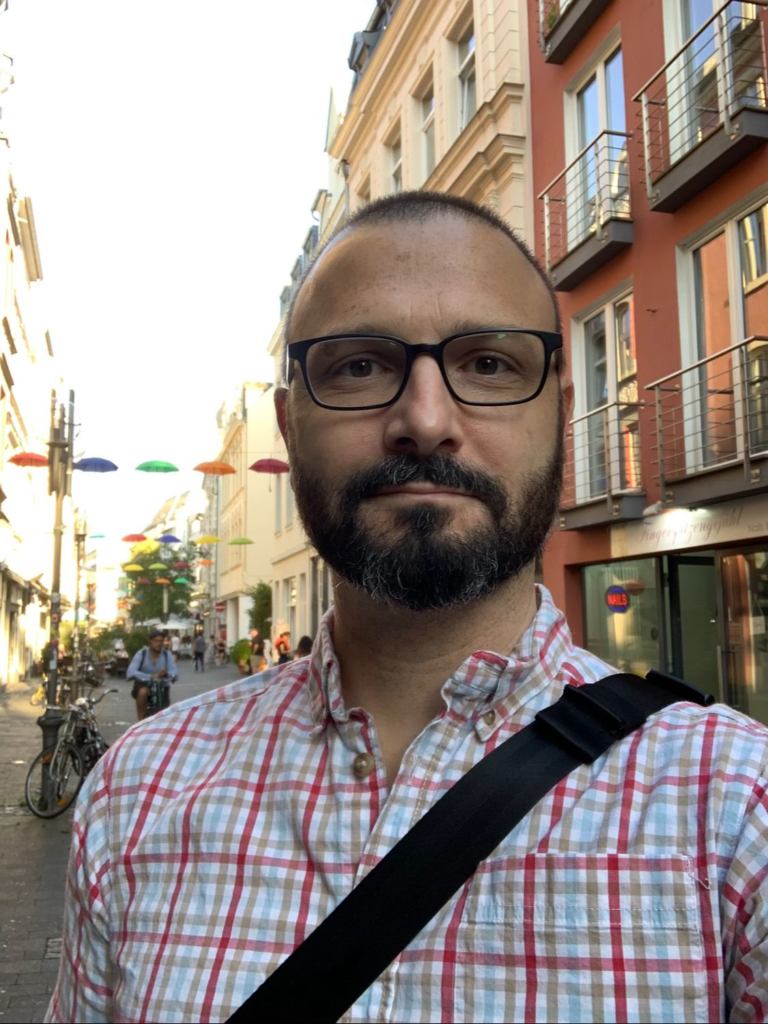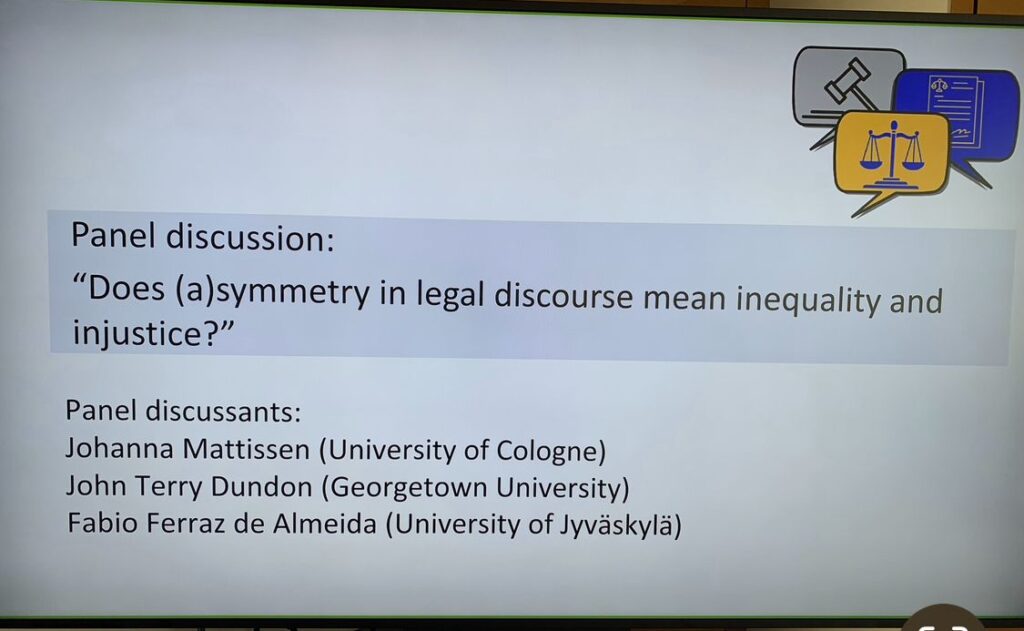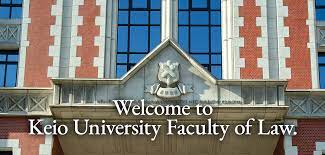Post by Heather Weger and Julie Lake

Today, the second anniversary of the ground and air campaign on Kyiv in the early hours of February 24, 2022, we stop to reflect on Ukraine’s ongoing innovation during a full-scale Russian invasion. We, members from the Legal English team – Julie Lake, Michelle Ueland, and Heather Weger – were honored to contribute to this endeavor through our tailored, intensive 5-week program focusing on language skills for a team from the Office of the Prosecutor General (OPG) in Ukraine in November and December of 2023.
The Participants
The participants from the OPG team included Viktoriia Litvinova (the Deputy Prosecutor General), Oleksii Boniuk (Head of the Criminal Policy and Investment Protection Department), Veronika Plotnikova (Head of the Coordinating Center for the Support of Victims and Witnesses), Siuzanna Savchuk (Head of the Communications Department), and Yuliia Usenko (Head of the Department for the Protection of Children’s Interests and Combating Domestic Violence).
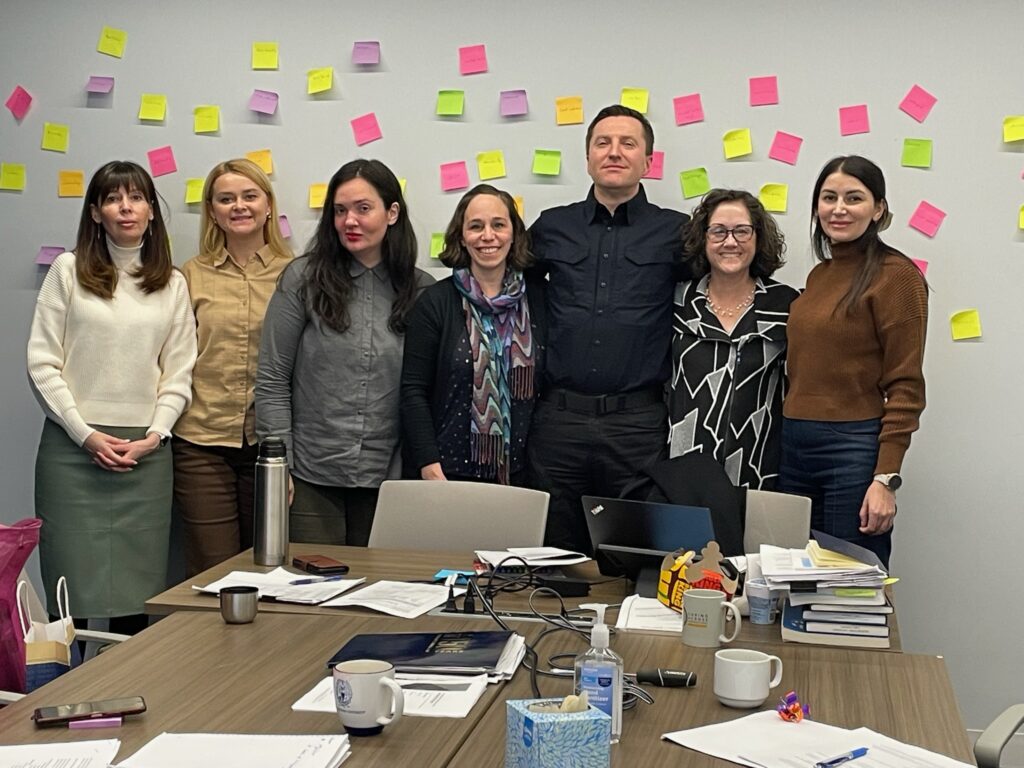
Our program empowered these incredible OPG representatives to meet the linguistic demands of their varied responsibilities. According to Veronika Plotnikova, the program and teachers enabled her team to meet their goal of “acquiring language skills necessary to communicate to the world about all the damage of the unprovoked and brutal aggression unleashed by the Russian regime.”
The Program
Our participant-centered pedagogical approach was genre-based – built around texts and speech acts needed for the OPG participants’ interactions. Examples of pedagogical methods that we used included:
- Brainstorming and practicing answering common questions to identify critical gaps in legal and academic vocabulary,
- Developing a series of interactive activities to help the team facilitate conversations with legal experts,
- Creating talking points that followed the expected organizational strategies in legal English (i.e., begin with the main point and then offer details and support),
- Drafting CVs and bios that employed expected rhetorical strategies for meetings with US governmental counterparts,
- Reviewing pronunciation and grammar guidelines based on student needs, and
- Providing intensive personalized feedback for language development.
These pedagogical approaches allowed for participants to enrich their Legal English skills within our brief – but intensive – five weeks with them.
Learning was not confined to the classroom walls. Our OPG team was ushered into numerous law-focused and historical experiential opportunities. During these opportunities, they engaged in real-world language practice, including following the McElrath v. Georgia case from Georgetown Law’s moot court to the Supreme Court, attending the Atlantic Council’s EU-US Defense and Future Forum, a visit to the Library of Congress, a tour of the US Capitol, and a visit to Lincoln’s Cottage. In addition, the participants completed ACTFL’s oral proficiency interview.
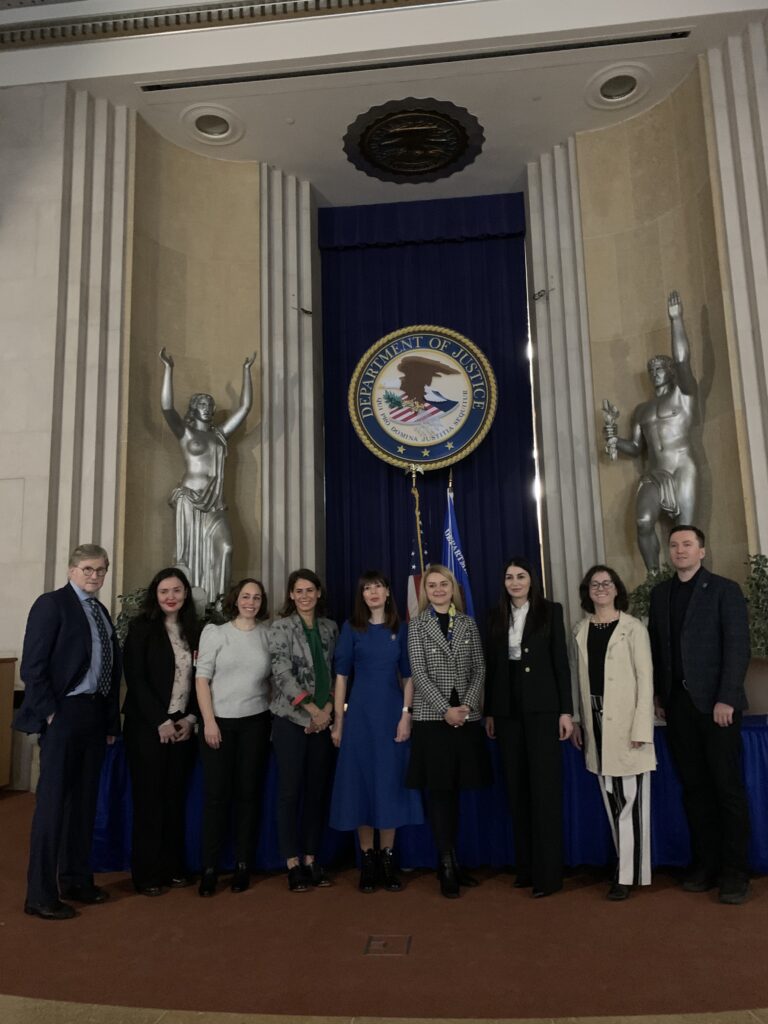
The Partnerships
This specialized Legal English program was possible due to a deep collaboration with members of the Georgetown Law community. This collaboration allowed the OPG team to not only strategize how to combat the harm from Russia’s ongoing war on Ukraine’s people and environment but also to innovate their legal system. Partners included members of Georgetown’s Center on National Security (CNS) with funding through the Office of Global Criminal Justice (GJC) via the Atrocity Crimes Advisory Group (ACA) for Ukraine.
We want to share special appreciation for the dedication, creativity, and professionalism of CNS Co-Director Professor Mitt Regan and Executive Director Anna Cave; ACA Law Fellow Gus Hargrave; and the CNS logistical support team, Ann McKinnon and Angelika Osiniak. Together, these partners provided opportunities for the OPG team to meet with experts and governmental officials, and they supported the logistical aspects of their stay in Washington, D.C.
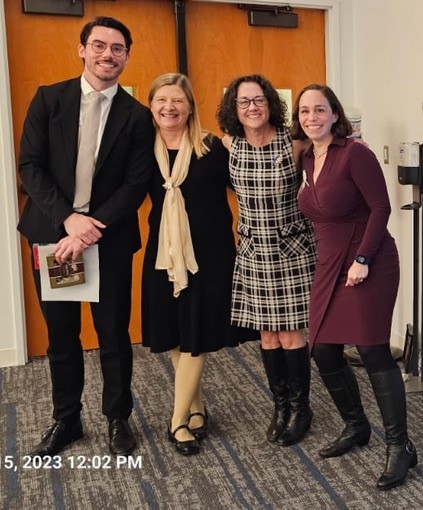
Razom (Together, We are Ukraine)
It was an honor to work with this dedicated group of professionals from the OPG team, and we look forward to future collaborations!
Want to learn more about Ukraine? Check out these selected resources:
Websites
- The Office of the Prosecutor General
- The Center on National Security
- The Atrocity Crimes Advisory Group (ACA) for Ukraine
- The International Criminal Justice Initiative
Press Releases
- State Department press release
- US Embassy in Ukraine press release
- European Union External Action (EEAS) press release
- United Kingdom press release
- Georgetown press release
Humanitarian Feature Stories
- “Ukrainians Accuse Russia of Kidnapping, Indoctrinating Ukrainian Children”: Link to transcript (here); Link to video (here)
- “Ukrainian Widows, Children Work to Overcome Grief, Trauma at Climbing Camp in the Austrian Alps”: Link to a transcript with video (here); Link to related article (here)
- Contemporary Ukrainian authors recommended by Veronika Plotnikova
- “Ukrainian Literature in Times of War: A Conversation with Oksana Zabuzhko” (here)
Articles



